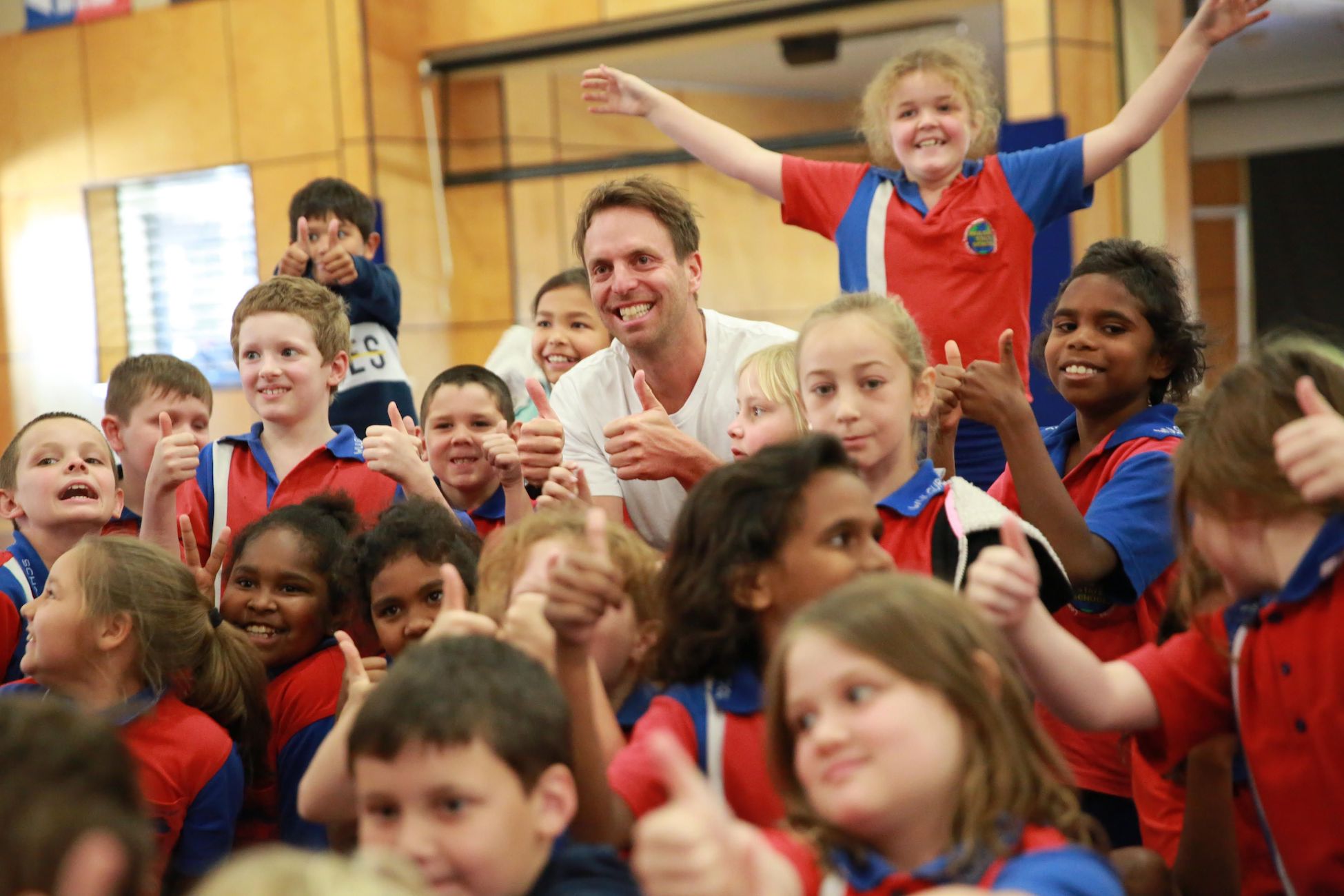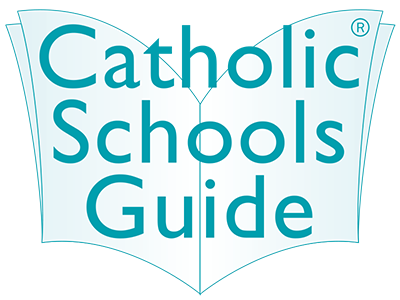News and Media

Resilience: A whole-of-school tonic for tough times – By Alisha Min, The Resilience Project
In today’s times of constant change and uncertainty, school communities have been hard hit. Schools have been forced to quickly pivot with loungerooms replacing classrooms and staffrooms, and parents juggling working from home while helping children adjust to virtual lessons.
Children of all ages have had face-to-face connections replaced with screen time. They’re missing the social and emotional development which comes from connecting with their peers through school excursions, sports, arts and cultural activities, plus celebrating graduation and birthday milestones with their peers.
Building resilience in students, teachers and families has never been more vital.
At The Resilience Project, we see resilience as the ability to better bounce back from challenging or stressful times. To help people build resilience, we deliver emotionally engaging programs which step-through a range of evidence-based, practical wellbeing strategies. When practised, the research tells us these strategies elicit positive emotions, and this in turn leads us to happier and more resilient lives.
The statistics around mental health in Australia, particularly surrounding our children, are startling. They tell us that one in four adolescents will experience mental health problems this year, and of these children, nearly two thirds of them will not seek help. Additionally, recent surveys conducted by youth mental health foundation, Headspace, revealed 75% of young people said their mental health has deteriorated due to Covid-19 upheavals, with incidences of self-harm and anorexia particularly rising.
With these confronting figures in mind, it is clear that primary and secondary schools play an integral role in improving the mental health of our country’s youth. The Royal Commission into Victoria’s Mental Health System in 2021 revealed that primary and secondary schools are settings with the highest unmet need of mental health support.
Programs in schools with a focus on developing positive emotions are a crucial step in the right direction.
Delivering positive strategies in schools is at the heart of what we do at The Resilience Project, and so far, we have delivered wellbeing programs to over 1,500 schools and early learning centres.
Our Education Programs support mental health in the classroom, staffroom and family home through presentations, student curriculum, teacher and parent resources and digital content. Research shows that the more positive emotion you experience, the more resilient you will be. For that reason, our Education Programs focus on key pillars that have been proven to cultivate positive emotion as building blocks to resilience:
Gratitude: Paying attention to the things we have right now, and not worrying about what we don’t have. We practise gratitude by focusing on the positives.
Empathy: Putting ourselves in the shoes of others so we feel what they feel. We practise empathy by being kind and compassionate to other people.
Mindfulness: Our ability to be calm and present in the moment. We practise mindfulness by slowing down and concentrating on one thing at a time.
Emotional Literacy: Our ability to label our emotions, which helps us to soften negative emotions and find positive ones. We practise emotional literacy by labelling our emotions as we experience them.
As an organisation, we are driven by our desire to make a difference to young people’s emotional wellbeing. Just like adults in workplaces, school curriculums and cultures have a big influence on young people and their overall wellbeing. To make sure our programs are hitting the mark, we underwent an independent research evaluation with The University of Melbourne to measure the impact of our schools partnership program. Recent results show promising evidence of improvements in the participating students’ self-esteem and confidence, their relationships at school and home, their ability to express emotions and use daily gratitude strategies, and the creation of supportive classroom environments.
Schools are also telling us that these programs are making a positive difference.
“As a small school, we are so very grateful to be able to participate in the Digital Program. Our students love everything about the program, and it has provided staff with a new language for supporting students and their families”. Liz Trewick, Principal, Our Lady of Sacred Heart. (Elmore, Victoria)
We are delighted that Catholic schools already make up over 20% of the 378 schools participating in our extensive Partnerships School across Australia.
The Resilience Project delivers emotionally engaging programs and provide evidence-based, practical wellbeing strategies to build resilience. For more information about The Resilience Project go to: theresilienceproject.com.au

